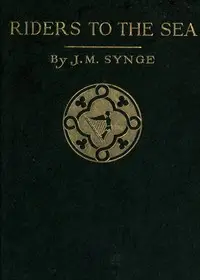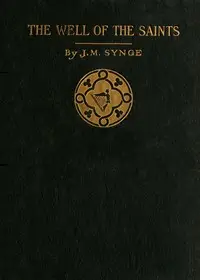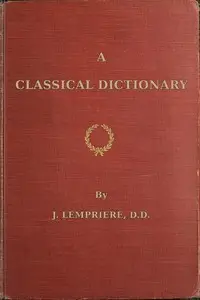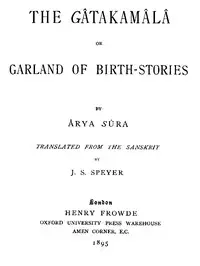"Deirdre of the Sorrows" by J. M. Synge is a play set in old Ireland, a land of legends and looming tragedy, that tells the heartbreaking story of Deirdre, a woman whose stunning beauty is both a blessing and a curse. The story centers on the inevitable clash between her personal desires and the schemes of kings, primarily focusing on her relationships with Conchubor, the powerful High King who intends to marry her, and Naisi, the man she truly loves. It starts with her nurse Lavarcham worried, then introduces Conchubor, and builds towards a breaking point when Naisi appears, setting a course packed with fate, love, and bitter conflict, suggesting that Deirdre can't escape what's coming.
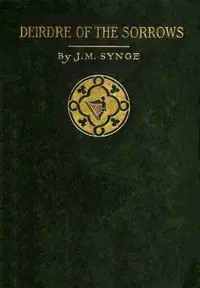
Deirdre of the Sorrows
By J. M. (John Millington) Synge
In ancient Ireland, a woman's captivating beauty destines her for a tragic fate as she becomes entangled in a love triangle with a king and the man who steals her heart.
Summary
About the AuthorEdmund John Millington Synge was an Irish playwright, poet, writer, collector of folklore, and a key figure in the Irish Literary Revival. His best-known play The Playboy of the Western World was poorly received, due to its bleak ending, depiction of Irish peasants, and idealisation of patricide, leading to hostile audience reactions and riots in Dublin during its opening run at the Abbey Theatre, which he had co-founded with W. B. Yeats and Lady Gregory. His other major works include In the Shadow of the Glen (1903), Riders to the Sea (1904), The Well of the Saints (1905), and The Tinker's Wedding (1909).
Edmund John Millington Synge was an Irish playwright, poet, writer, collector of folklore, and a key figure in the Irish Literary Revival. His best-known play The Playboy of the Western World was poorly received, due to its bleak ending, depiction of Irish peasants, and idealisation of patricide, leading to hostile audience reactions and riots in Dublin during its opening run at the Abbey Theatre, which he had co-founded with W. B. Yeats and Lady Gregory. His other major works include In the Shadow of the Glen (1903), Riders to the Sea (1904), The Well of the Saints (1905), and The Tinker's Wedding (1909).









